Shape your tomorrow in the UK
Study in UK with Mindways
Enquire now
Why Study in UK?

Global Education Hub
UK's century-old legacy makes it a top destination for international education.

Simplified Visas
Streamlined visa processes ease the transition for international students

Diverse Programs
From arts to sciences, the UK offers a broad spectrum of academic disciplines.

Work Flexibility
Students can work part-time during the semester and full-time during breaks without restrictions.

Health Coverage
Comprehensive health insurance ensures student well-being.

High Living Standards
Enjoy one of the world's highest living standards during your studies.

Financial Perks
Discounts on travel and study materials help ease financial burdens.

Affordable Cities
Choose from affordable cities like Manchester, Liverpool , Leeds, Birmingham, and Nottingham.

Flexible Entry
No mandatory standardized tests simplifies the admission process.

Post-Study Work Visa
Graduates can stay for up to two years post-study for career opportunities.

Cultural Fusion
Experience a vibrant mix of cultures, cuisines, and traditions.

Global Community
Join a diverse community of students from around the globe.
Popular Courses in the UK

Law

MBA

Marketing

Interior & Architecture

Computer Science & IT

Business & Management

Accounting & Finance

Business Analytics

Investment Banking

Engineering

Medicine

Psychology
Popular Universities in the UK

University of Cambridge

London School of Economics and Political Science (LSE)

King's College London (KCL)

University College London
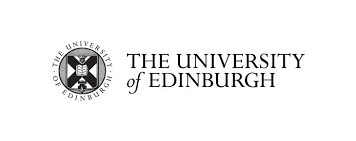
University of Edinburgh

University of Manchester
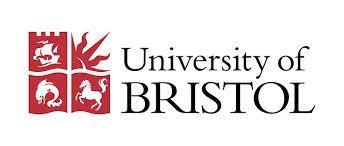
University of Bristol

University of Warwick

University of Glasgow
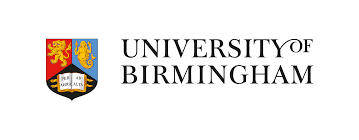
University of Birmingham

University of Southampton

University of Sheffield

King's College London (KCL)

University of Nottingham
Making UK University Dreams a Reality: Our Customized Services
Wondering how the best UK education consultants in Delhi NCR like us help you?
Here’s how we assist you in studying abroad step-by-step.
1.
Personalized Guidance
2.
Expert Counseling
The best UK education consultants in Delhi help you choose the right course and university.
3.
University Selection
Assistance in selecting the best-fit institution for your academic profile.
4.
Scholarship Navigation
5.
Visa Application & Guidance
6.
Ticketing and FOREX Assistance
From flight bookings to currency exchange, rely on the best UK consultancy in Delhi to handle all your travel logistics, ensuring a hassle-free transition to your study destination.
7.
Accommodation Assistance
8.
Application Assistance
Streamlined support through the entire application process.
9.
Loan Assistance
10.
Pre-Departure Assistance
11.
Post-Arrival Support
Continued assistance after your arrival, including academic and settling-in support.
12.
Career Guidance
What should you consider while shortlisting or finalising a UK university?
When it comes to selecting the right UK university for your academic journey, several crucial factors demand consideration. With Mindways, a study abroad consultancy in UK, navigating through these considerations becomes seamless. Here’s a comprehensive guide to aid your decision-making process. Make an informed choice with these factors in mind:
01. Course of Interest
Identify your academic goals.
02.University Rankings
Consider academic reputation.
03.Location & Campus Life
Assess surroundings and activities.
04. Tuition Fees & Aid
Review costs and financial support
05. Accommodation Options
Explore housing choices.
06. Facilities & Resources
Check for quality resources.
07.Employment Opportunities
Employment Opportunities
08. Student Support
Ensure comprehensive support services.
UK Universities Admission Process
Navigating the UK admission process can be daunting, especially for international students. Yet, with expert guidance from UK education consultants in Delhi, this journey can become smoother.
Find the Right Course
Begin by selecting a course that aligns with your interests and career aspirations. Seek guidance from a career counselor for comprehensive insights into course selection and its scope.
Choose the Right University
Research and shortlist universities based on factors like tuition fees, course duration, accommodation, employment prospects, internships, and scholarships. Select the university that best meets your requirements.
Check Eligibility Criteria
Review the eligibility criteria for admission into your chosen universities. Ensure you have all the necessary educational and official documents ready to avoid any last-minute delays.
Prepare for Admission Tests
Prepare for English language proficiency tests such as IELTS, TOEFL, and PTE, as well as any required entrance exams like GMAT and GRE. Some universities may waive language test requirements.
SOP and LOR
Craft compelling Statements of Purpose (SOPs) and Letters of Recommendation (LORs) that highlight your interests, motivations, and reasons for choosing a particular university and subject.
Fill out the Application Form
Complete the application process by filling out the forms on the university websites or through UCAS. Make the necessary application fee payments and submit required documents. Once accepted, pay the course admission fees and apply for a UK study visa.
Documents Required to Study in United Kingdom for Indian Students:
- Mark sheets of 10th and 12th standard
- Transcripts or records of grades (high school and/or university)
- English language test scores (IELTS, TOEFL, PTE) and UK entrance test scores (SAT, GRE, GMAT)
- Letter(s) of Recommendation
- Statement of Purpose, Personal Statement, Essay(s)
- Proof of payment of Application fees
- Payslips
- ID proof
- Résumé
- A valid passport
- Portfolio (if applicable)
What exams need to be taken for UK universities?
When applying to universities, UK education consultants generally recommend international students to take standardized tests to demonstrate their academic proficiency and English language proficiency.
Here are the key exams you may need to take:

English Language
Proficiency Tests
Most UK universities require international students to provide evidence of their English language proficiency. The commonly accepted tests include:
- IELTS (International English Language Testing System)
- TOEFL (Test of English as a Foreign Language)
- PTE Academic (Pearson Test of English Academic) - These tests assess your reading, writing, listening, and speaking skills in English.

University-Specific
Tests
Some universities may have their own entrance exams or assessments, particularly for highly competitive courses. These tests may vary depending on the institution and the program you are applying to.
It’s essential to check the specific requirements of each university and course you are interested in to ensure you meet all the necessary exam criteria. Additionally, seek guidance from study in UK consultants in Delhi or university admissions offices for personalized advice on exam preparation and requirements.
Visa Requirements for Indian Students to Study in UK
To study in UK consultancy advises you to obtain a student visa if your course duration exceeds six months. Here’s what you need to know:
Eligibility Criteria
- You must be over 16 years old and have received an offer from a UK educational institution.
- Adequate financial resources to support yourself during your stay without relying on income support.
- Proficiency in English language at a B2 level for degree-level qualifications or B1 level for other courses.
Visa Application Process
- The student visa fee is £363 for applications from outside the UK and £490 for extending or switching visas from within the UK.
- Apply for a visa three months before your course start date if in the UK, or within six months if outside the UK.
- The decision process typically takes eight weeks within the UK and three weeks outside the UK.
Duration and Stay
- Students aged 18 and above pursuing degree-level courses can stay for up to five years; for courses below degree level, it's up to two years.
Types of UK Student Visas
- Tier 4 Visa (General): For students aged 16 and above with acceptance from a UK institution.
- Short-Term Student Visa: Suitable for short courses lasting less than 11 months.
- Child Student Visa (Tier 4): Students aged 17 or below intending to study in the UK.
Document Requirements
- Valid passport
- Completed student visa application form
- Admission letter from the university
- Proof of financial capability to cover living and study expenses
- English proficiency test scores (IELTS 5.5+)
- Original academic transcripts
Application Process
- Tier 4 (General) Visa: Apply three months before your course start date, with arrival permitted up to one week before for courses under six months, and up to one month before for longer courses.
- Short-Term Study Visa: Apply three months before your planned travel dates to the UK.
Funding Options for Indian Students for UK Education
Securing funding for your education in the UK is crucial and also recommended by the study in UK consultants in Delhi NCR, and there are various options available to Indian students:

Scholarships
- Chevening Scholarship: Designed for individuals with leadership potential worldwide to pursue postgraduate courses in the UK.
- Commonwealth Scholarship and Fellowship: Offers funding to students from select Commonwealth countries for postgraduate degrees in the UK.
- GREAT Scholarship: Jointly funded by the UK Government’s GREAT Britain Campaign and the British Council, available for postgraduate studies in various subjects.
- Charles Wallace India Trust Scholarships (CWIT): Grants for Indian students in heritage conservation, arts, or humanities.
- Scotland Saltire Scholarships: Offered by the Scottish Government in collaboration with Scottish universities, covering various fields.
Institutional Scholarships
- Universities in the UK offer scholarships specific to their institutions, such as the University of Plymouth UK Scholarship, Bristol University Scholarships, and more.

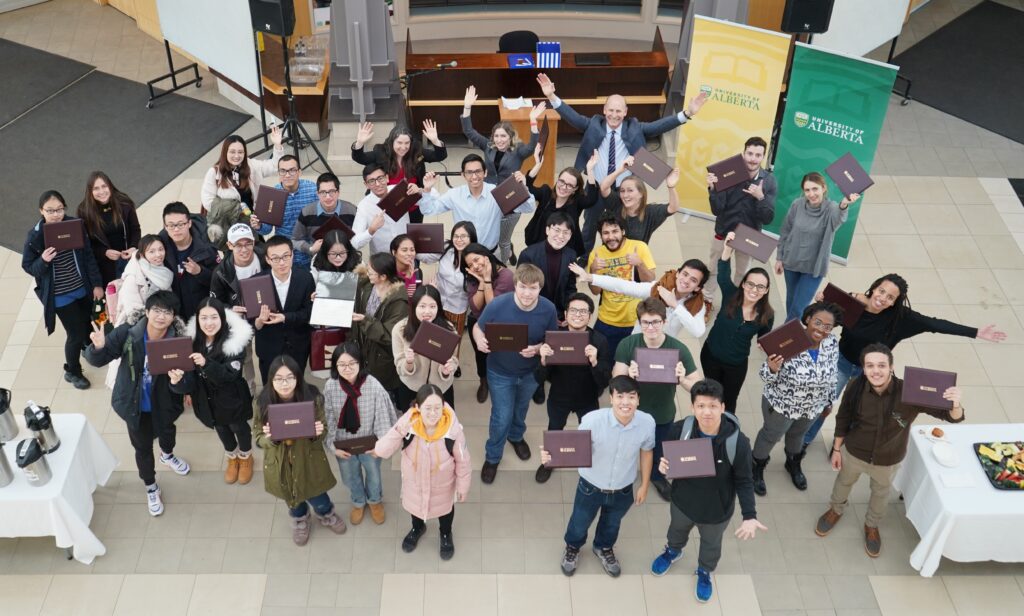
Government Scholarship Programs
- Indian students can also apply for government scholarship programs like the Erasmus Mundus Scholarship, Rhodes Scholarship, and others.
Personal Funds and Loans
- Utilize personal savings, family support, or consider taking loans to cover tuition fees and living expenses.
- Study abroad consultants for UK in Delhi like Mindways can help you explore and secure the financial support you need to pursue your academic goals.

When applying for scholarships, ensure you meet the eligibility criteria and submit all required documents. Scholarships can significantly ease the financial burden of studying abroad, so explore all available options and make the most of them for your UK education journey. Hiring a consultancy for study in UK might help you secure the best scholarships.
Hear what our Students Say About Us!
Do you have Questions?
Can I do my Masters with Gap Years?
Universities often accept gap years if there’s a valid reason such as employment or domestic education.
Is UK a good country to study abroad?
Yes, the UK offers high-quality education, a multicultural environment, and a vibrant job market despite higher costs.
How many years of Post-study work Visa will I get after the studies?
The UK government typically offers a 2-year stay back period for students pursuing higher education.
Can I study in UK universities without IELTS?
Yes, some UK universities accept alternatives to IELTS such as English Language Programs or waivers based on previous education.
What Is The Minimum Necessary Bank Balance For A UK Student Visa?
How Long Does It Take For UK Student Visa?
The entire process, from admission to visa issuance, can take up to 30-45 working days, with variations based on individual cases. However, UK student visa consultants in Delhi can help in smoothening the process.
How Can I Find Accommodation As An International Student Studying In The UK?
Accommodation options for international students in the UK include university-managed halls, private accommodations, shared houses, and independent renting.
Am I allowed to extend my stay in the UK post studies?
Yes, students can apply to extend their stay in the UK post-completion of their studies, depending on visa type and employment prospects.
Type of accommodation for an international student in the UK?
Accommodation options range from university-managed halls to off-campus residences, shared apartments, or independent renting, depending on budget and preferences.
Student Visa
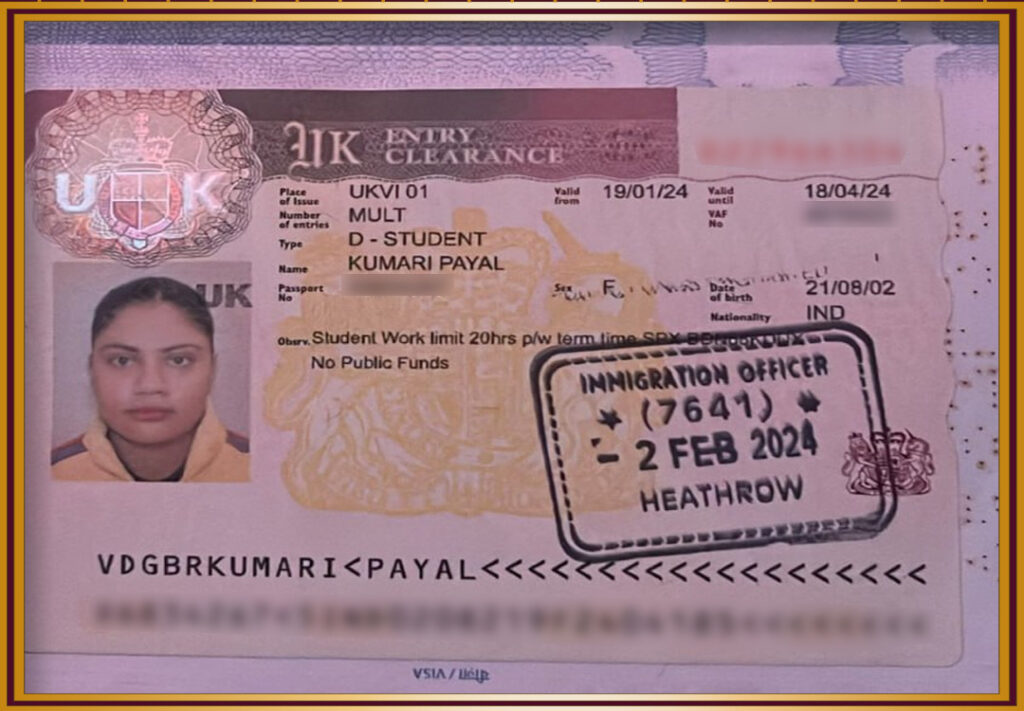
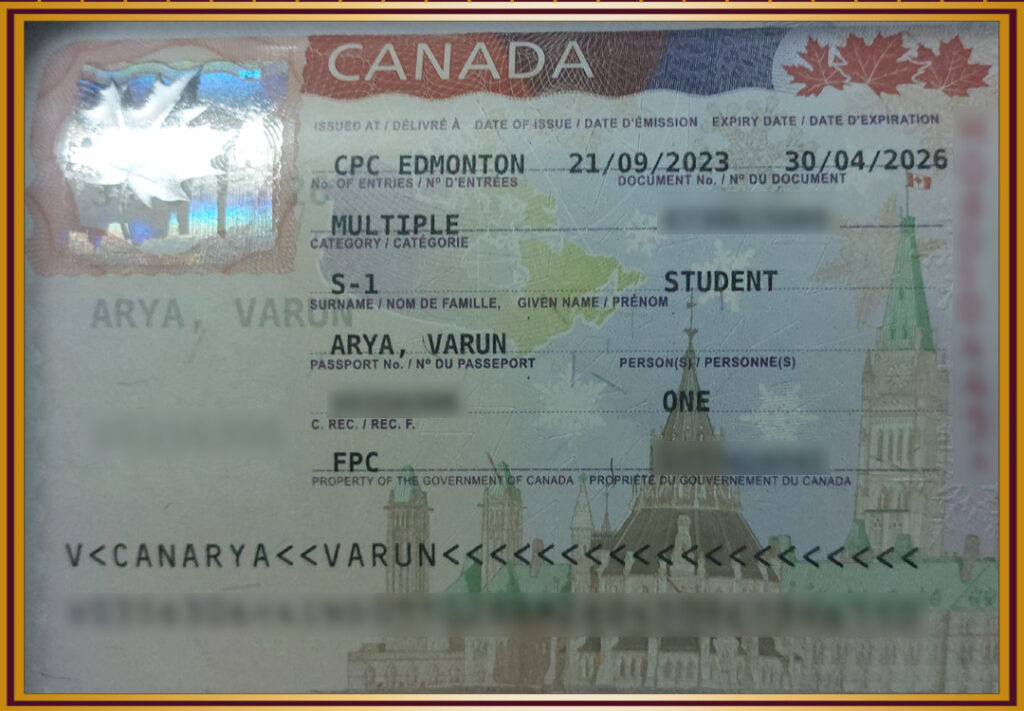
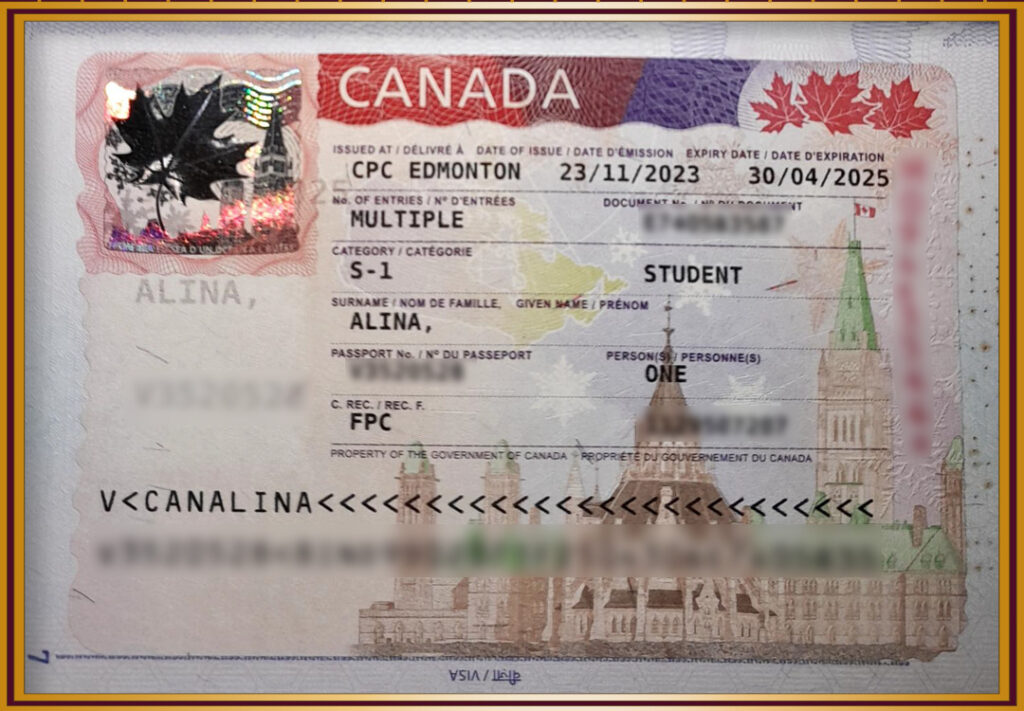
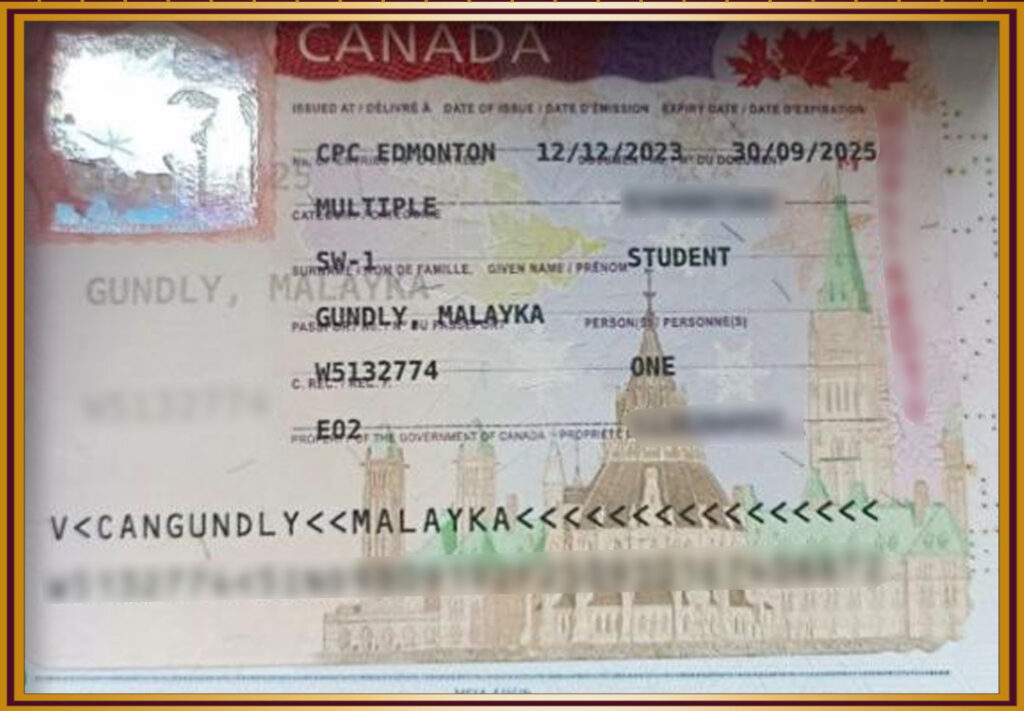
Admission Letter
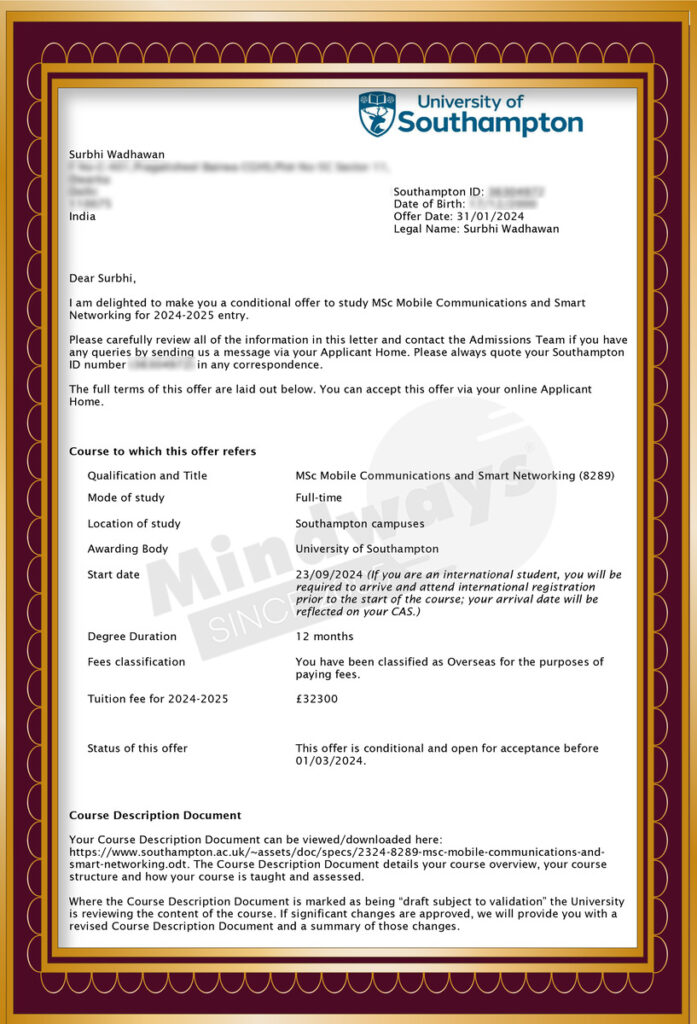
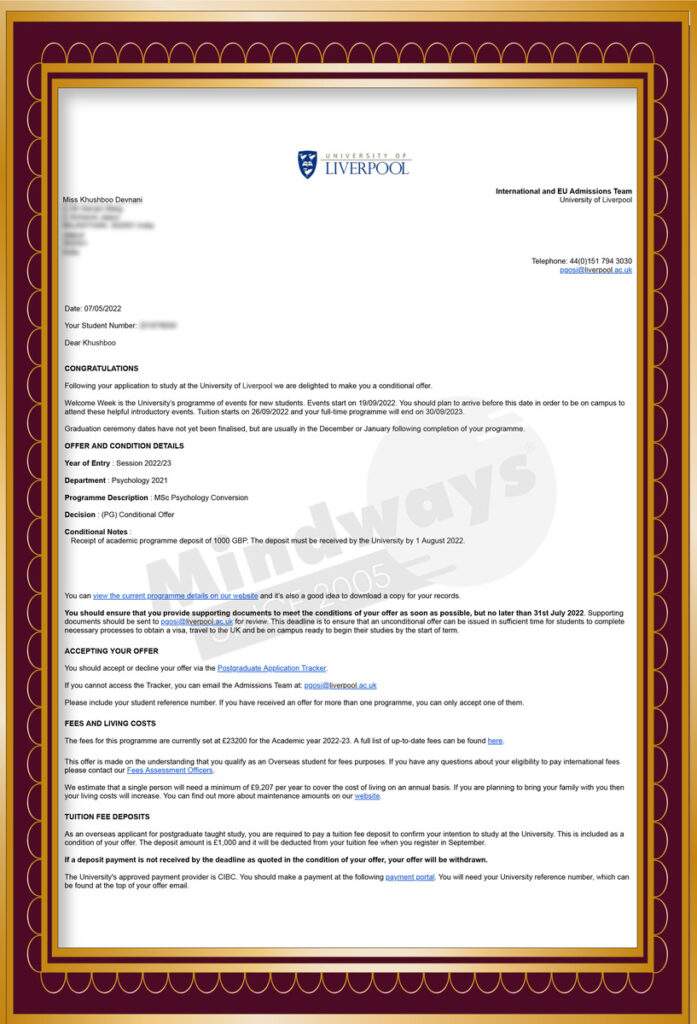
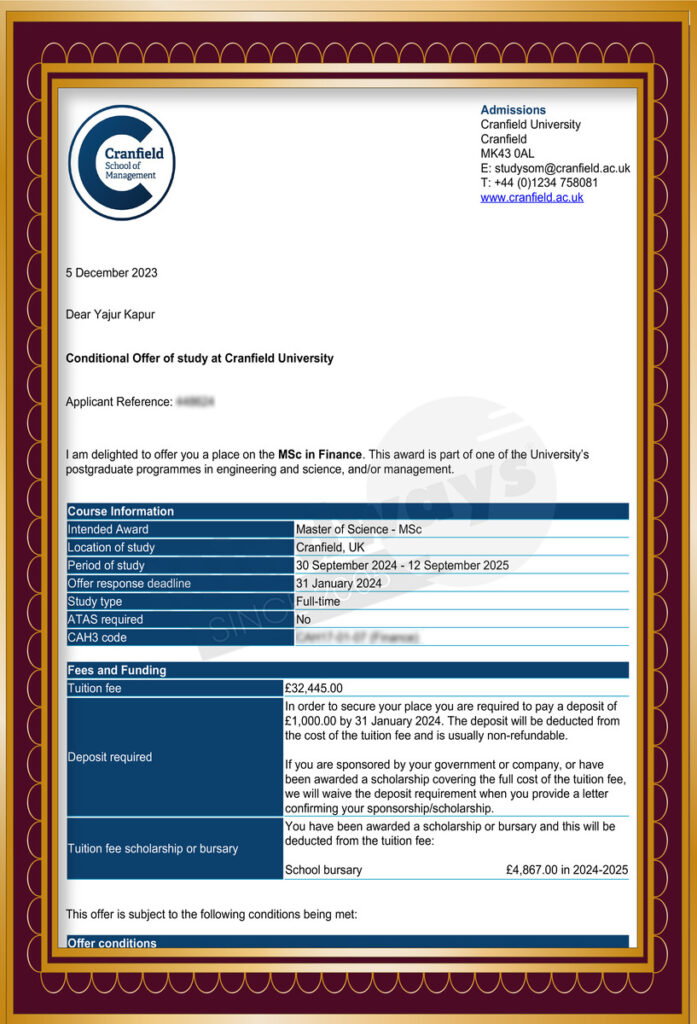

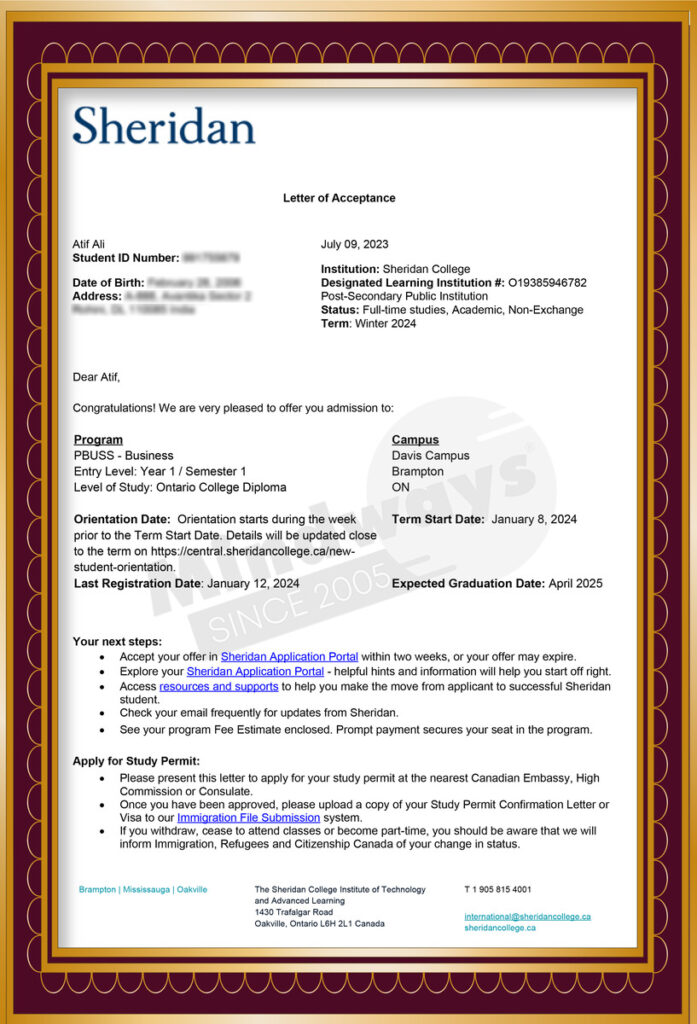
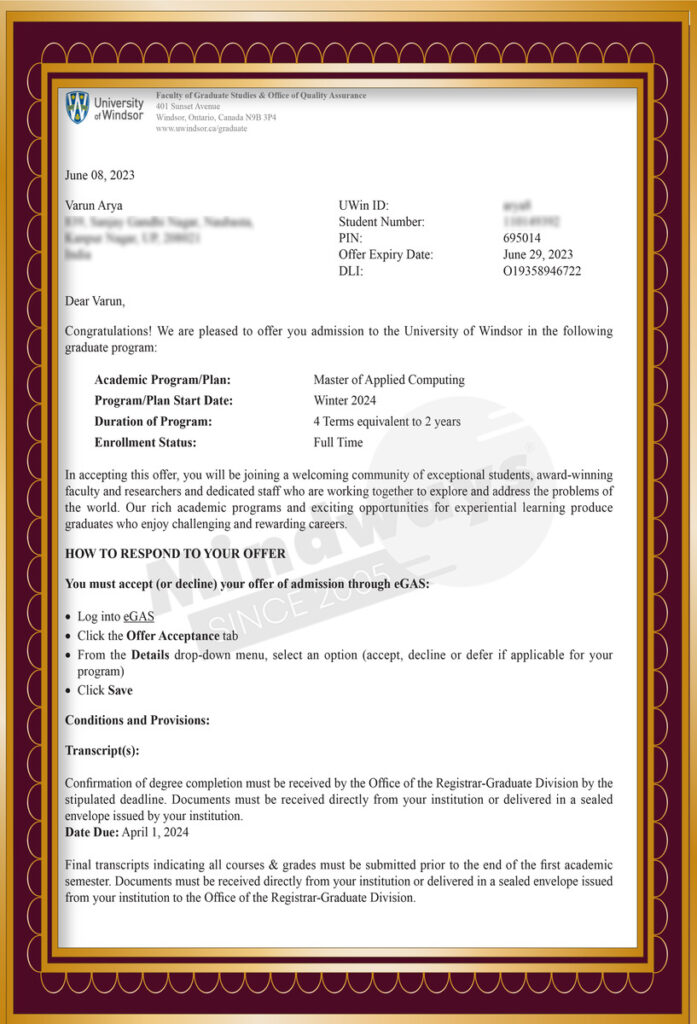
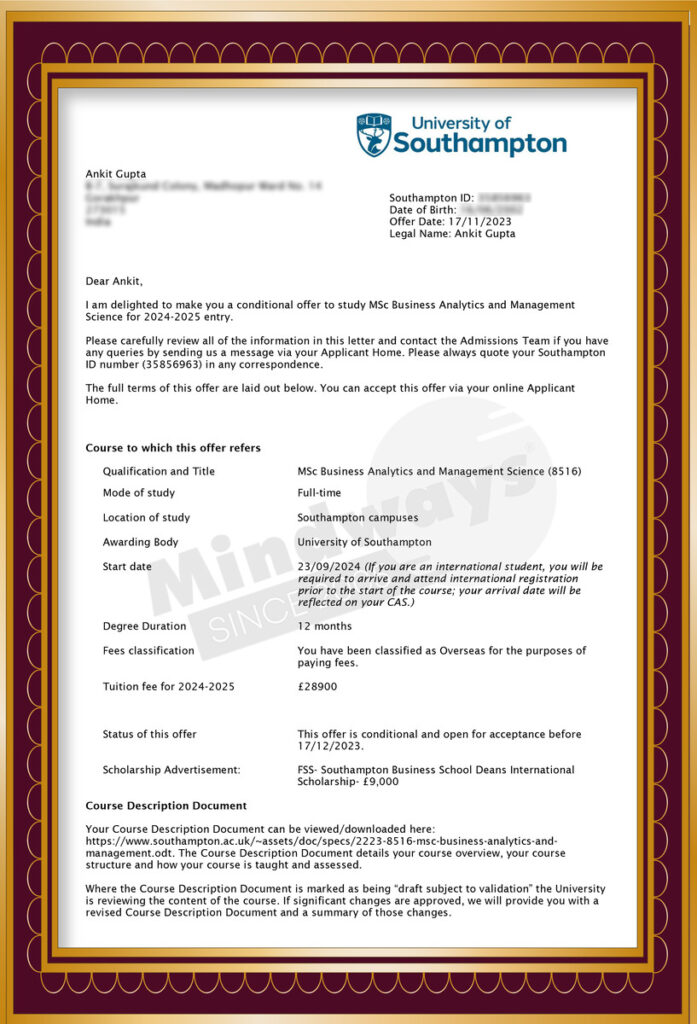
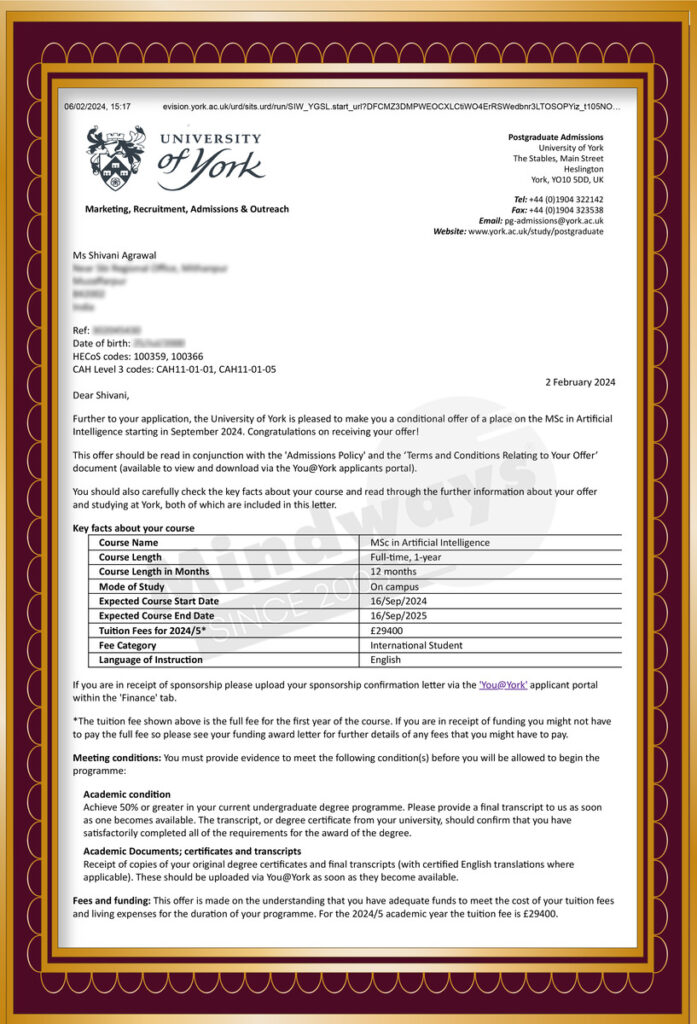

Have any more queries?
Don't let any question go unanswered!
Start your Hassle Free UK Journey with us!

